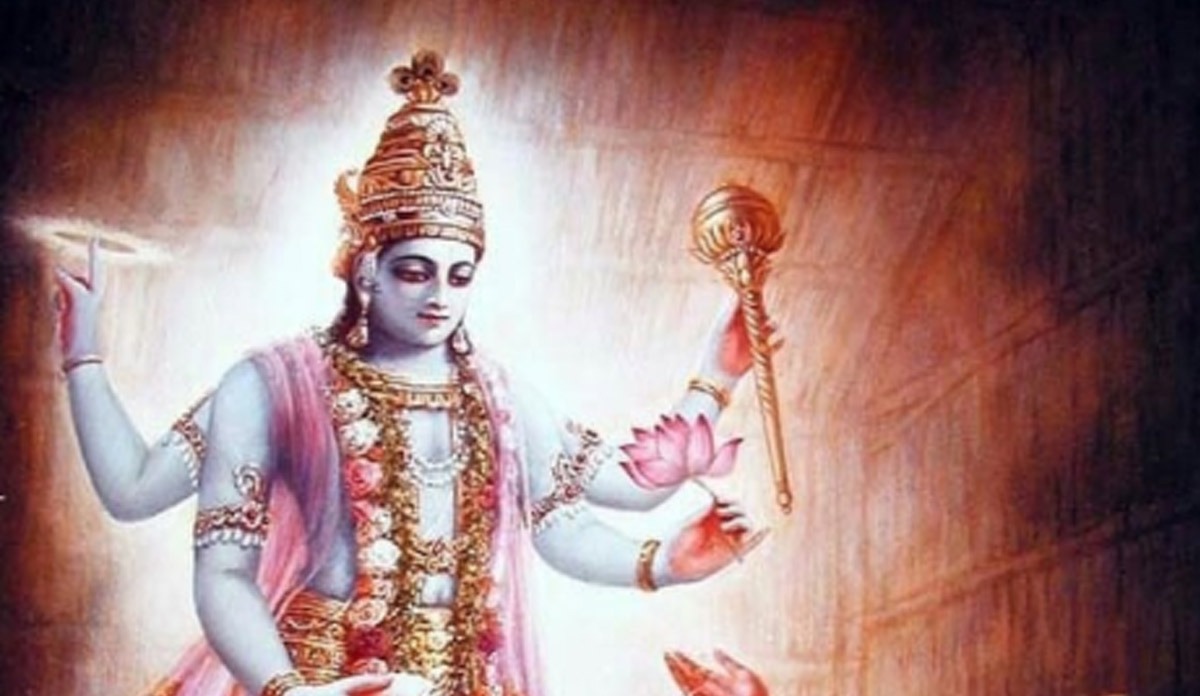Chaturmas, also spelled Chatur Maas, is a significant period in the Hindu calendar, spanning four months from Ashadha Shukla Ekadashi to Kartika Shukla Ekadashi. This period is considered sacred and is dedicated to penance, fasting, and various religious observances.
The term “Chaturmas” translates to “four months,” and it marks a time when Lord Vishnu is believed to go into a deep sleep, starting from the eleventh day of the bright fortnight of Ashadha (Shayani Ekadashi) and awakening on the eleventh day of the bright fortnight of Kartika (Prabodhini Ekadashi). This mythological narrative stems from the belief that these four months represent a symbolic night for the gods, during which Vishnu resides in the netherworld at the behest of King Bali
During Chaturmas, devotees often undertake various vows and practices aimed at self-purification and spiritual growth. These practices can include dietary restrictions, such as avoiding certain foods each month—spices and dry fruits in the first month, curd in the second (Dadhi Vrata), milk products in the third (Ksheera Vrata), and split pulses in the fourth (Dwidala Vrata)
Chaturmas is also a time for increased devotion, charity, and performing rituals and fasts. It coincides with the monsoon season in India, which is considered an auspicious period for engaging in spiritual activities due to the belief that the environment is more conducive to health and well-being during this time.
Observing Chaturmas at home involves a combination of spiritual practices, dietary regulations, and vows. Here are some steps to help you observe Chaturmas:
Spiritual Practices
1. Daily Worship and Prayer:
– Perform daily worship (puja) to your deities, especially Lord Vishnu, as Chaturmas is associated with his divine sleep.
– Recite Vishnu Sahasranama, Bhagavad Gita, or other sacred texts.
2. Meditation and Chanting:
– Dedicate time each day to meditation and chanting mantras such as “Om Namo Bhagavate Vasudevaya.”
3. Reading Scriptures:
– Read scriptures like the Bhagavad Gita, Ramayana, or the Puranas to enhance your spiritual knowledge.
Dietary Regulations
Month-wise Food Restrictions:
First Month (Ashadha to Shravana): Avoid spices and dry fruits.
Second Month (Shravana to Bhadrapada): Follow Dadhi Vrata by avoiding curd and yogurt
Third Month (Bhadrapada to Ashwin): Follow Ksheera Vrata by avoiding milk and milk products.
Fourth Month (Ashwin to Kartika)
Follow Dwidala Vrata by avoiding split pulses and legumes
General Restrictions
– Eat sattvic food, which is simple and pure, avoiding garlic, onions, and heavy, fried foods.
– Fast on specific days like Ekadashi (the eleventh day of the lunar fortnight)
Vows and Disciplines
Take Vows (Niyams)
– Choose specific vows such as abstaining from certain foods, maintaining silence for a period each day, or performing additional worship.
– The focus should be on personal discipline and spiritual growth
Charity and Service:
– Engage in acts of charity, such as feeding the poor or donating to temples and spiritual organizations.
– Participate in community service and help those in need.
Personal Reflection and Growth
Self-Improvement
– Use this time for self-reflection and improvement. Set goals for personal and spiritual growth.
– Avoid time-wasting activities like excessive social media or TV. Instead, spend time learning new skills or reading inspirational biographies
Health and Wellness
– Focus on maintaining good health through balanced eating, adequate rest, and physical exercise.
– Take care of mental well-being through regular meditation and positive thinking
By incorporating these practices, you can observe Chaturmas at home in a way that fosters spiritual growth, personal discipline, and a deeper connection to your faith.
In essence, Chaturmas is a period that encourages Hindus to focus on inner transformation, ethical living, and devotion, aligning their lives more closely with spiritual values and practices.























